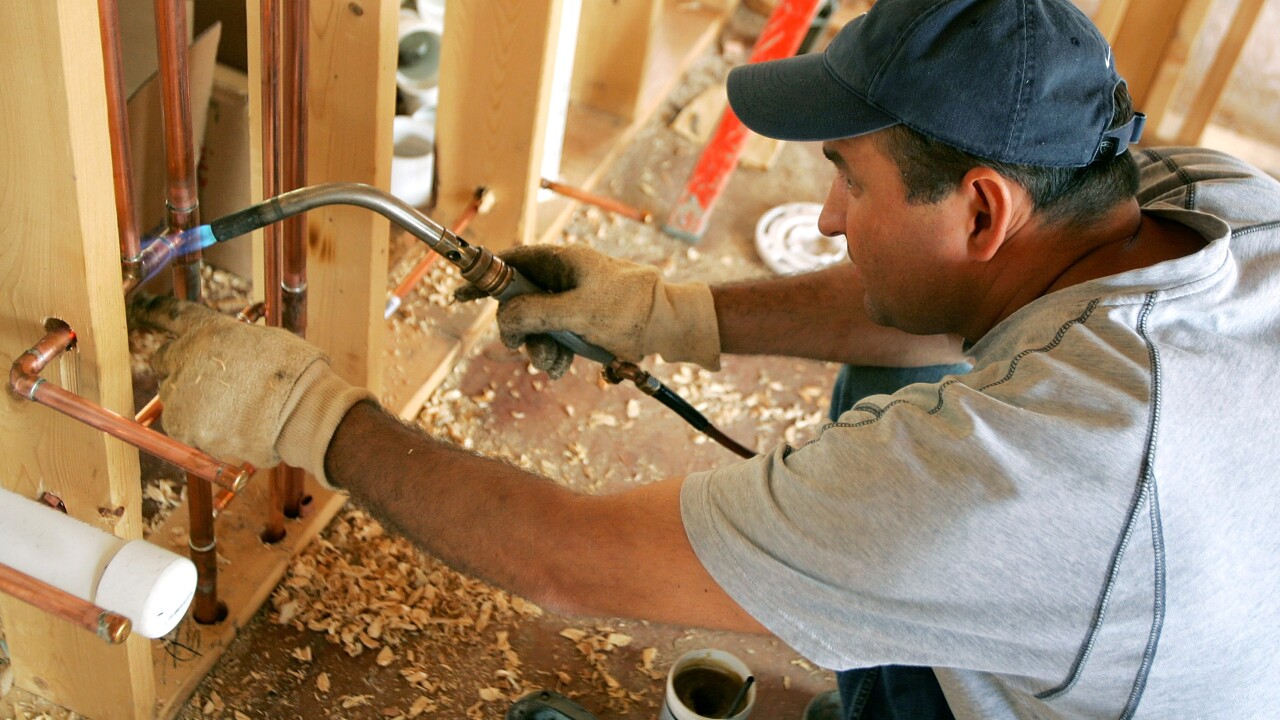Biometric payment authorization systems may soon be available for consumers' homes.
Solidus Networks Inc. of San Francisco is expected to announce today that it is offering an online version of its Pay By Touch fingerprint system, which consumers could use to initiate Internet purchases. It could also be used to authenticate customers when they log on to banking Web sites.
The system requires companies to distribute fingerprint scanners to customers and will likely generate the same cost concerns that banks have raised with past security programs that required handing out gadgets to customers.
Jon Siegal, Solidus' executive vice president for Pay By Touch Online, said that it could verify a customer's identity over the Internet, even if the customer's computer has been compromised.
"We assume that the computer itself is an untrusted platform," Mr. Siegal said. "We actually establish a direct, encrypted, and secure link with the [fingerprint scanning] hardware."
The online version is much like the one many merchants already use to authorize in-store purchases. Customers enroll by providing a bank account or payment card number and a fingerprint. Solidus uses a proprietary algorithm to convert the fingerprint into a digital code, which it stores.
A scanner at the point of sale compares a customer's fingerprint to the code; if they match, the system initiates a payment.
The online version puts the scanner in the consumer's hands. Customers of online merchants that accept Pay By Touch would use the scanner to send fingerprints directly to Solidus, which would authorize the purchase.
Mr. Siegal said banks could also use Pay By Touch to authenticate online banking customers. Fingerprint data would be sent to Solidus, which would act as a gatekeeper to its bank customers' Web sites.
No companies have signed up to use Pay By Touch Online yet, but Solidus is in negotiations with "a few of the well-known" banks, Mr. Siegal said.
Many banks are using biometrics to authenticate employees, and some use it for customer-facing applications. Technology Credit Union of San Jose uses fingerprint scanners at teller windows to verify members' identity. Bank of America Corp. and First Horizon National Corp. of Memphis use hand scanners at some branches to control customer access to safe deposit vaults.
Mike Feehan, the senior vice president of customer contact at First Horizon, said it has considered using biometrics for online banking, but there are no plans to do so. He also said he was not familiar with Pay By Touch Online.
His primary concerns about implementing a biometric product for online banking are "the cost of it, the functionality, and the convenience to the consumer," he said.
KeyCorp announced in October that it was testing a fingerprint reader for its online cash management system for corporate customers. Veronica Correa-Janssen, a Key senior vice president, said Friday that the Cleveland company is "looking at upgrading security across all our platforms, from consumer to large corporate."
She said that the scanners would cost less than $100, and that KeyCorp would pass on the cost to the users. "It becomes part of their banking fee."
Interest in the scanners so far has been strong, Ms. Correa-Janssen said. "The market's a bit more ready than we expected."
Mr. Siegal said that Solidus does not make scanners, and that Solidus would test and certify other vendors' scanners, which cost about $30. (Solidus also hopes to certify scanners already built into certain computers.) Each scanner would carry an identification code that his company's systems would recognize when people try to initiate transactions.
If banks distribute the scanners to customers, the Pay By Touch account could be linked to a payment card, and the bank would earn interchange revenue on the transactions, he said. "We think there's a financial return that exceeds the cost."
Mr. Siegal would not say how much revenue each scanner could generate.
Avivah Litan, a vice president and research director at the Stamford, Conn., market research company Gartner Inc., said the notion that the scanners would pay for themselves is "farfetched."
Though banks would make some money on transactions that go through Pay By Touch Online, many of the merchants that would likely use it would encourage consumers to use the automated clearing house network, whose fees are much lower than the ones for card transactions, she said.
The interests of the merchants and the banks "are at odds," Ms. Litan said.
Mr. Feehan said banks might pass on the scanners' costs to consumers. "If it provides more security and the consumer feels more secure using it, they'd probably be willing to pay."
However, other banking companies have found that consumers do not like using additional hardware, whatever the cost. E-Trade Financial Corp. of New York began offering passcode tokens to customers last year. Some customers can get the tokens for free; others pay $25.
E-Trade considers the tokens, which generate a passcode every minute, highly effective. However, consumers have complained that they do not like to carry the devices around.
And the cost of such devices can quickly add up for banks with millions of online banking customers.
In November, E-Trade said it did not expect to be offering the tokens a few years from now.
Many bankers once touted in-home credit card readers as a security device that could be attached to computers, but that idea never took root, largely for the same reasons.
Christine Barry, a research director at Aite Group LLC of Boston, said that biometrics are compelling, because "the chances of fraud are so much lower with this type of security than with anything banks have had in the past."
However, she also cautioned, "Any time there's a cost to the customer, it's a risk that they're not going to adopt it."
Banking companies such as KeyCorp may have better luck promoting fingerprint scanners to business customers, Ms. Barry said. "For corporations, the cost issues aren't as much of a factor, and ... [the number of scanners the companies would deploy] aren't as high."





